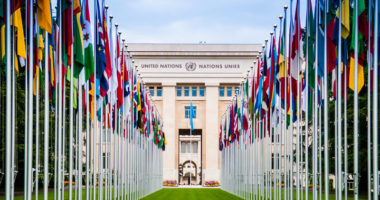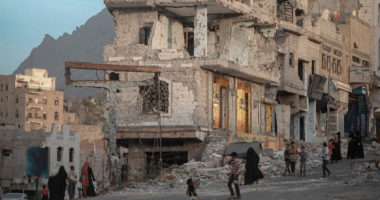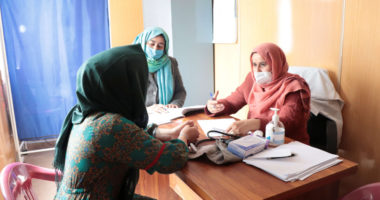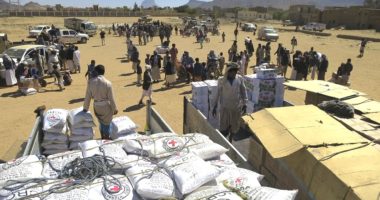Protecting civilians in conflict: the urgency of implementing the Political Declaration on Explosive Weapons in Populated Areas
9 mins read
Analysis / Generating Respect for IHL / IHL / Influencing Behaviour in Armed Conflict / Urban warfare / Weapons Laura Boillot, Laurent Gisel, Paul Holtom, Frederik Siem, Dina Abou Samra & Juliana Helou van der Berg
The widespread use of heavy explosive weapons has reached alarming levels, exacting a staggering toll ...












